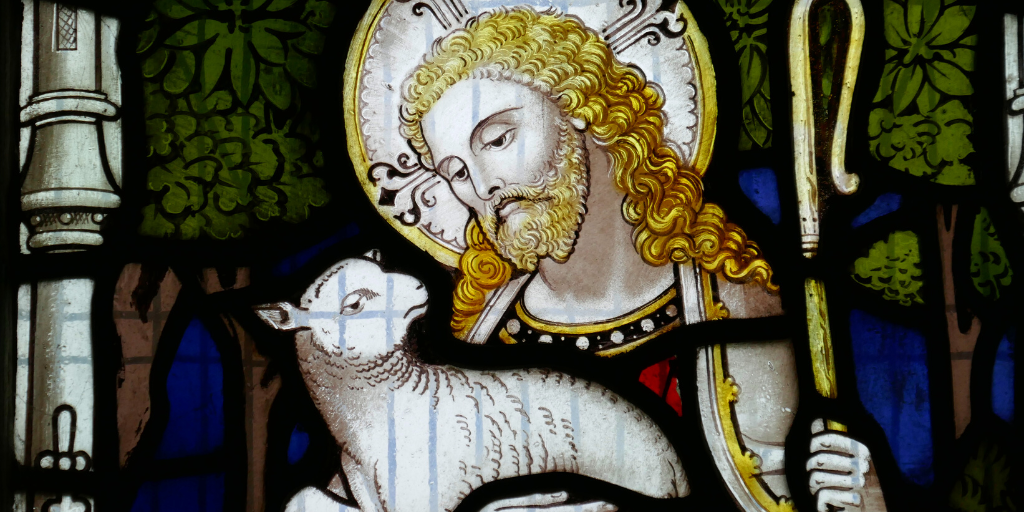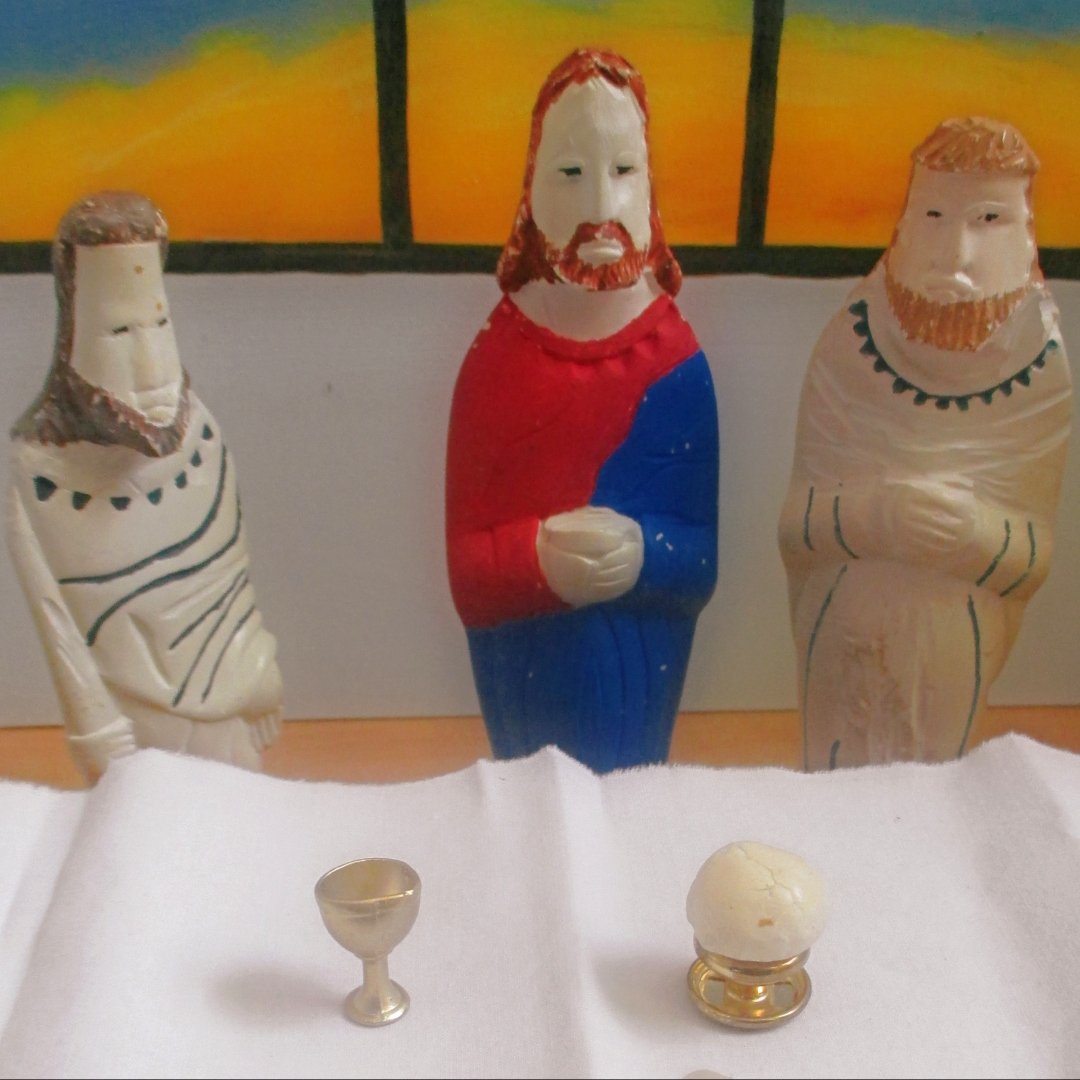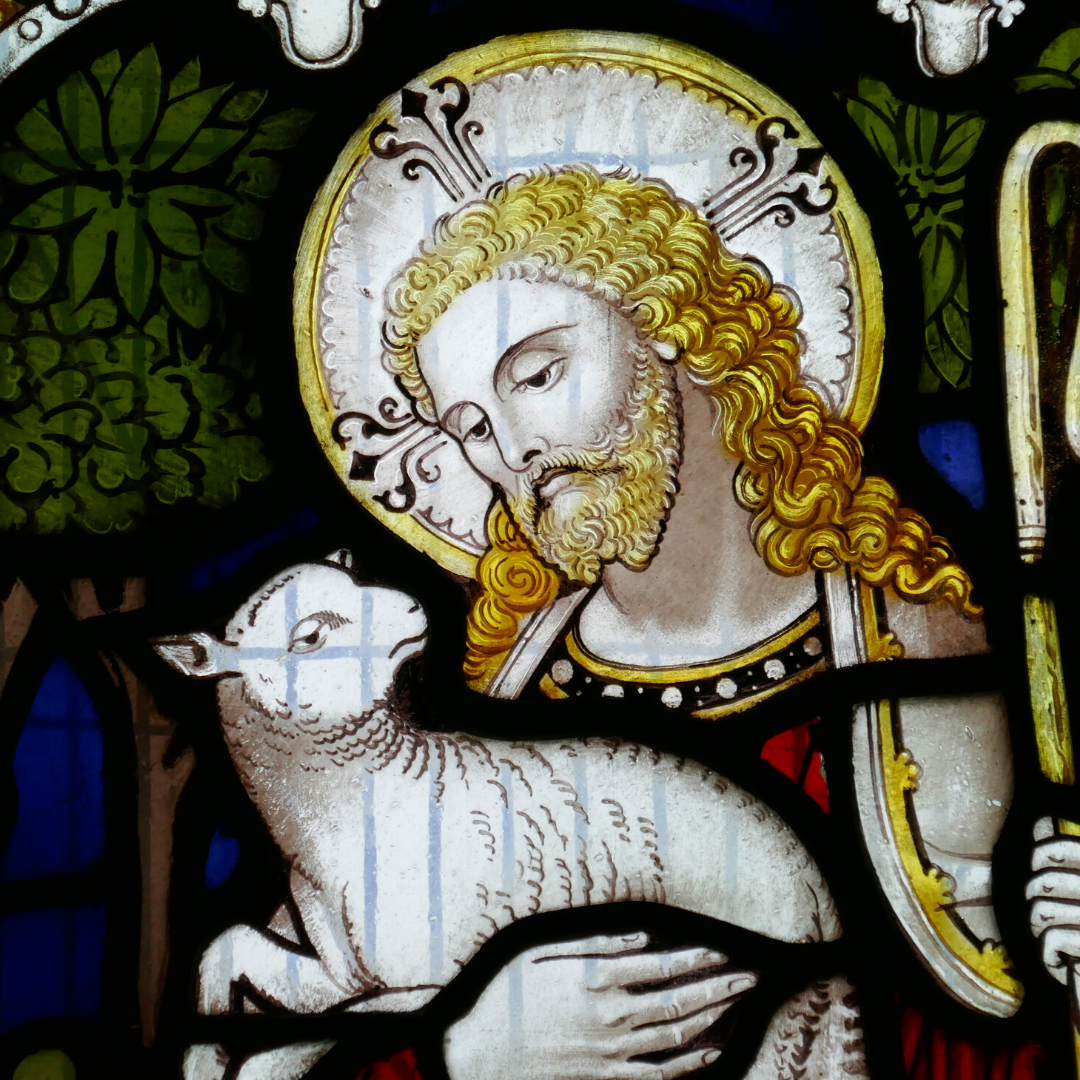
Jane Korvemaker looks at the meaning of the wise men and John the Baptist's recognition of the kingship of Christ.
In just less than a week we will be celebrating two major feasts: Epiphany and the Baptism of the Lord. In Epiphany we hear about how the wise men, who were foreigners, recognised the kingship of this baby born to Israel’s people. In the Baptism of the Lord we see how John the Baptist participates in recognising the upside-down nature of Jesus’ Lordship, calling him the Lamb of God who takes away the sins of the world.
It’s interesting that John’s phrase doesn’t specifically reference one Old Testament symbol. It is rather a blending. There is no real "Lamb of God" in the Old Testament, but there are references to lambs. Perhaps we might think of when the animals are slaughtered for Yom Kippur, the day of Atonement for Jewish people. This was when the animals’ blood was used as a cleansing of sin (Leviticus 16). However, while the symbol seems right (e.g., Jesus’ blood offered as a cleansing of sin), it wasn’t lambs that were offered, but goats. So John’s phrase, which we hear in today’s Gospel, “Behold, the Lamb of God, who takes away the sins of the world” (John 1:29) is peculiar. Where does the "lamb" part come from?

It is tied to the feast of Passover. We read that the Hebrew people, in order that they may avoid being struck down in the tenth plague, must celebrate a sacred meal together, where the centrepiece of the meal is a lamb:
“Your lamb must be a year-old male and without blemish.” (Exodus 12:5)
The lamb is to be sacrificed, the meal eaten together as a community, and the lamb’s blood was to mark the doorposts and lintels of those households who identify as a part of the community. This is what the "lamb" that John speaks about is referencing. Passover is not a celebration of cleansing from sin, but deliverance into freedom to worship God and to be a holy people.
John the Baptist sees Jesus and recognises the fulfillment of both Passover and Atonement in him, “Behold, the Lamb of God, who takes away the sins of the world.”
Lamb = Passover.
Takes away the sins = Atonement.
And what might “of the world” indicate? Nothing less than the cosmic effect that Jesus’ life, death, and resurrection will have. John didn’t say "takes away the sins of the nation," which would have been more in line with the thought of Jewish people of the day. God, however, intended for all of creation to be redeemed in Christ. When we read of the wise men who come at Epiphany, this is the first recognition we see of Jesus’ saving effect for the whole world: all nations will come to recognise him. The Messiah is for the Jews! And also for the entire world!

As we prepare for these two feasts, Epiphany and the Baptism of the Lord, let us appreciate the richness of the stories that the evangelists have passed on to us—stories of God working in and through His people so that we, most of us Gentiles here, might have the chance to worship him and become holy. And in doing so, may Christ evermore come to dwell in our hearts!

Copyright 2023 Jane Korvemaker
Images: (top and bottom) Canva; others copyright 2023 Jane Korvemaker, all rights reserved.
About the Author

Jane Korvemaker
Jane Korvemaker loves food, family, wine, and God (perhaps not in that order). She holds a Certificate in Culinary Arts, which pairs perfectly with her Bachelor in Theology. A former Coordinator of Youth Ministry, she writes from the beautiful and cold province of Saskatchewan, Canada. She works from home and takes care of her three very hard-working children. Jane regularly blogs at AJK2.ca.


.png?width=1806&height=731&name=CatholicMom_hcfm_logo1_pos_871c_2728c%20(002).png)
Comments